CIC Tech Leaders Featured in Chronicle of Higher Education
Feb 27, 2012, 11:11 AM
The Chronicle of Higher Education's Special Report on "Rebooting the Academy: 12 Tech Innovators Who Are Transforming Campuses" profiles two CIC tech leaders who are transforming higher education. THE INNOVATOR: Bradley C. Wheeler, Indiana University THE BIG IDEA: Encourage colleges...

The Chronicle of Higher Education's Special Report on "Rebooting the Academy: 12 Tech Innovators Who Are Transforming Campuses" profiles two CIC tech leaders who are transforming higher education.

THE INNOVATOR: Bradley C. Wheeler, Indiana University
THE BIG IDEA: Encourage colleges to take a more aggressive stance in bargaining with providers to trim costs.
In A Business Professor Turned CIO Practices What He Teaches, Bradley C. Wheeler, chief information officer at Indiana University at Bloomington, argues that universities need to be aggressive when buying technology and think several steps ahead when considering the tech needs of the future. The article notes Wheeler's recent "pilot effort at Indiana to broker a deal with publishers that greatly lowers the per-book cost in exchange for a guarantee that every student will buy the e-textbooks they are assigned (by instituting a course-materials fee). Other universities are following Indiana's lead.
In recent talks, he compares managing college technology to a chess match, with colleges on one side and tech companies on the other. "It is very collective," he says, and colleges need to work together and look ahead several moves to try to picture what tomorrow's technology and needs might be.
Collaboration has been his game plan for years. He has led or participated in several efforts by colleges to build their own open-source alternatives to commercial education software. The largest are Sakai for virtual classrooms and Kuali for administrative functions. "Some people say I'm anticorporate, but nothing can be further from the truth," he adds. "I just believe the buyer side has to be organized and work as well as the seller side." "
 THE INNOVATOR: John P. Wilkin, University of Michigan
THE INNOVATOR: John P. Wilkin, University of Michigan
THE BIG IDEA: Pool digital collections from universities to build a super-library for the 21st century.
John C. Wilkin, associate university librarian for library information technology at the University of Michigan, says "he always felt like a bit of an outlier in the digital library sphere," in Grounding Tomorrow's Digital Library in Traditional Values. This is, the Chronicle notes, "not what one expects to hear from a leader in the drive to build, connect, and preserve enormous collections of digitized material—a super-library for the 21st century."
Focusing on Wilkin's role as Executive Director of the HathiTrust, the article discusses the nuances of creating a meaningful collection in an era of superabundant information. ""From the beginning, it was about the collective interest of libraries," he says. "Not about Michigan's collections, but about the ways those collections are meaningful to other libraries." To Mr. Wilkin, emphasizing the digital in "digital library" misses the point. The challenges of building an online library are the those of building any library in an era of superabundant information. What do you include? How do you make collections findable and usable? The answers get harder to pin down as the amount of material increases.
"Our sense of the scope of the problems is imperfect," he says. "We don't know what a corpus is, what the comprehensive corpus is. We don't know what we're aiming at."
Figuring that out absorbs a lot of Mr. Wilkin's attention at HathiTrust. Even in the face of a lawsuit brought by the Authors Guild and other groups over access to digitized, copyrighted material, the repository has pressed ahead with efforts to get a handle on orphan works, whose rights-holders can't be identified or located. "The orphan-works problem, the in-copyright problem, all these things don't have numbers in the way they could have numbers," Mr. Wilkin says, noting the lack of estimates of how many works are affected. Part of his mission is to find those numbers."
For more on the series, visit the Chronicle's special report on Rebooting the Academy.
